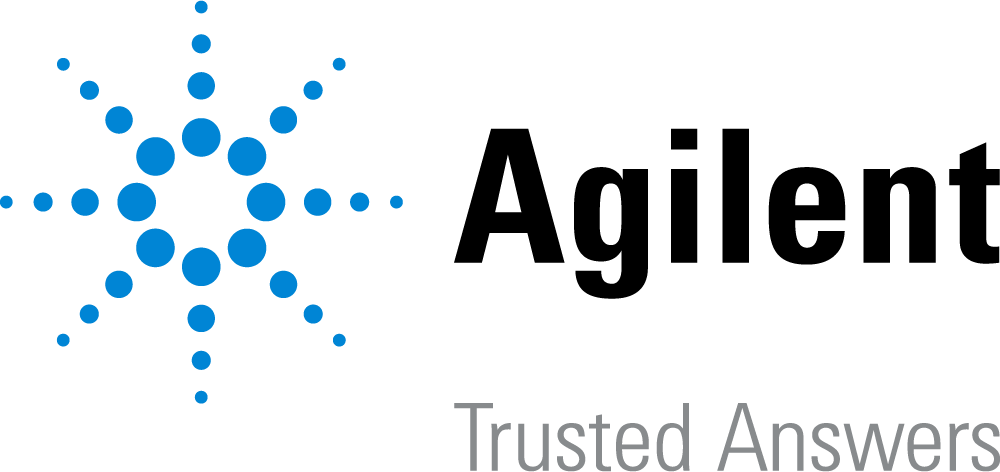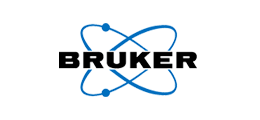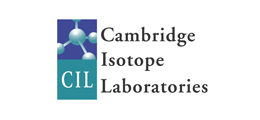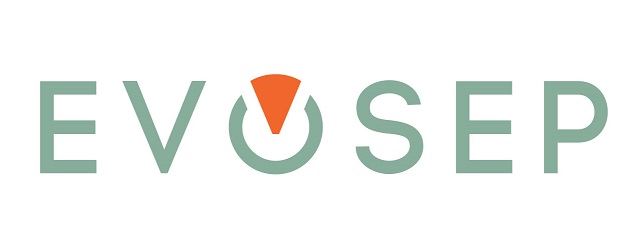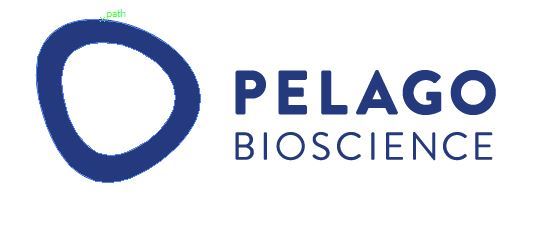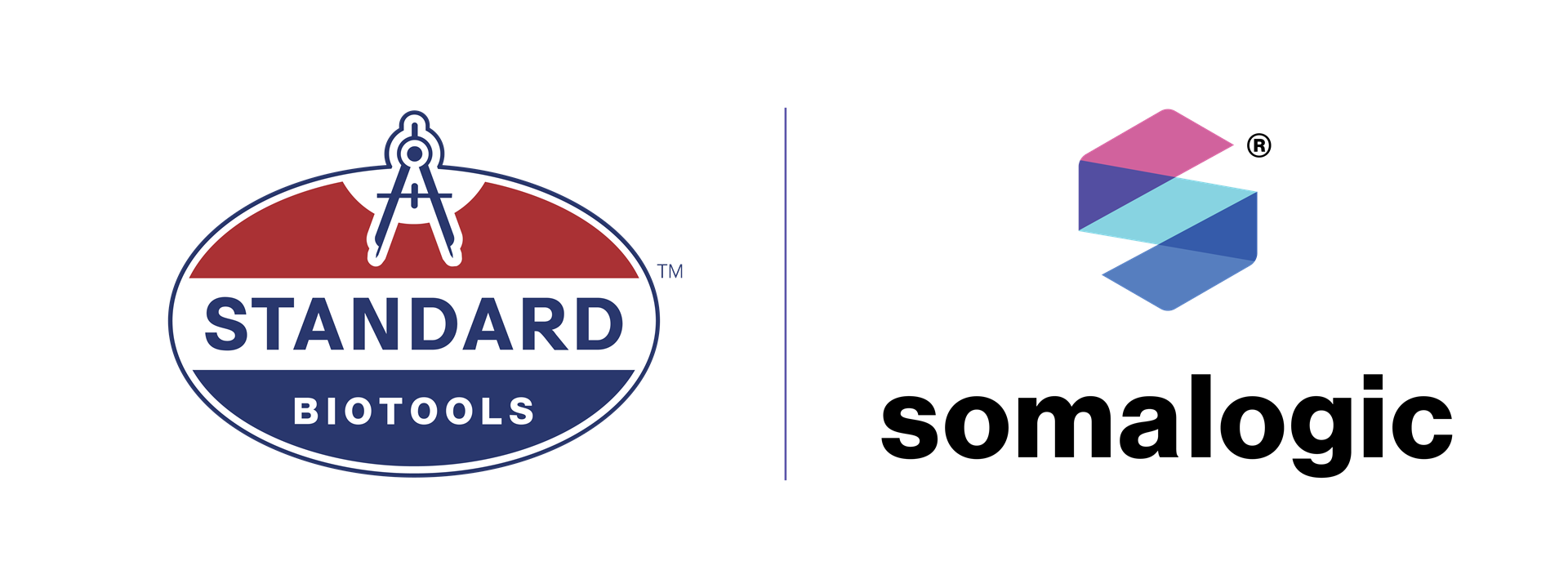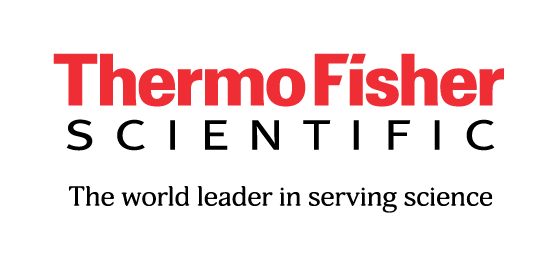|
2023 Central region candidatesCandidates are listed alphabetically by surname. |
Byron BaronAssociate Professor, University of Malta, Malta
My research team is based in Malta, which is a very small EU country with only a single national university. It is probably one of the few countries that despite doing proteomics research does not have local proteomic facilities or a national proteomics society and thus relies on collaborators kindly hosting us in order to perform all sorts of proteomics-based research. Such collaborations do not only benefit the research question at hand but also the outlook and character of the researchers involved. Over the past 15 years HUPO has been a key component of my proteomics research. I have met a number of important collaborators for my research who have become more than friends. I thus also encourage my students to network with HUPO members to initiate dialogue with both established PIs and other Ph.D. students or post docs. Performing research in a small country always comes with a number of limitations. Through such limitations researchers come up with innovative and ingenious ways of tackling research questions. This can be extremely beneficial in international research teams. Since most of the HUPO committee is composed of researchers from countries well-established in proteomics research, it would be a unique opportunity to diversify by include someone from a region where protein research opportunities and technologies are less available. I hope to bring to the HUPO council the perspective of struggling researchers who have great ideas and drive to do proteomic research but are held back due to limited resources and networks. I'd like to work on bringing such researchers into the fold and encourage them to participate in HUPO and research led by HUPO members. This will benefit the community as a whole through a greater pool of opinions and ideas on how to tackle the current challenges in the field. Fernando CorralesScientific Investigator, National Center for Biotechnology, CSIC , Spain  I have been personally interested in HUPO and HUPO projects as I always understood that the description of the Human Proteome and its functional regulation is one of the greatest challenges of modern biology that will bring light into the understanding of our own physiology and pathology. Since 2014 I have been involved in different HUPO activities and HPP Committees. During these years I had a principal role in the coordination and leadership of the Spanish proteomics community through HUPO initiatives, specially the HPP in the two branches, C-HPP and B/D-HPP. I’ll be more than glad to serve HUPO and to contribute to the next challenges in the coming years, gathering a strong worldwide proteomics community and providing knowledge and analytical resources to the scientific and clinical communities and to the broad society. I have been personally interested in HUPO and HUPO projects as I always understood that the description of the Human Proteome and its functional regulation is one of the greatest challenges of modern biology that will bring light into the understanding of our own physiology and pathology. Since 2014 I have been involved in different HUPO activities and HPP Committees. During these years I had a principal role in the coordination and leadership of the Spanish proteomics community through HUPO initiatives, specially the HPP in the two branches, C-HPP and B/D-HPP. I’ll be more than glad to serve HUPO and to contribute to the next challenges in the coming years, gathering a strong worldwide proteomics community and providing knowledge and analytical resources to the scientific and clinical communities and to the broad society.Concha GilProfessor of Microbiology & Head of the UCM Proteomics Core Facility, Dpt. Microbiology & Parasitology, Spain
She was co-founder of SEPROT (Spanish Proteomics Society) in 2004, and of EuPA (European Proteomics Association) in 2005. She has been Coordinator of the Educational Committee (2005-2008) and of the Communication and Conference Committee (2009-2011) within EuPA. In 2014 was Co-chair of the HUPO meeting “The proteome quest to understand biology and disease” held in Madrid. She is Co-chair of the HUPO HPP-Infectious Diseases Initiative (https://www.hupo.org/Infectious-Disease-Initiative) since 2014, member of the HUPO Publications Committee (2018-2019) and member of the Awards Committee (2018-2023) (https://www.hupo.org/HUPO-Committees). She is a member of the Scientific Advisory Board of the Proteomic Identification Database (PRIDE) (EBI-EMBL) and of the Advisory Board of the European Cancer Moonshot Lund Center (Sweden). Her research activity is focus on proteomics, host-pathogen interaction and on the development of new strategies for the diagnosis of invasive fungal diseases. In addition, her group is interested in metaproteomics analysis of the gut microbiota. She has published more than 140 articles in peer-reviewed journals (Research ID F-6470-2015; ORCID 0000-0003-3137-2600; Scopus 57200806513) and has directed 21 national projects, 3 international projects, 20 PhD theses and 10 master projects. Her group maintains numerous international collaborations with researchers from different countries (Germany, Switzerland, Ireland, United Kingdom, Sweden, Italy, United Kingdom, United States, etc.). Magnus PalmbladAssociate Professor, Leiden University Medical Center, The Netherlands
As a long-time member of HUPO I have served on committees and resource pillars, participated in Bioinformatics Hubs, and organized the 2023 HUPO Proteomics Standards Initiative meeting in Leiden. I have also co-organized several Dagstuhl Seminars on computational proteomics, a Lorentz Center workshop on Proteomics and Machine Learning (2022) and since 2021 serve as Associate Editor on the Journal of Proteome Research, where among other things I have edited three successful Special Issues on software tools and resources. During my recently completed four-year tenure on the Association of Biomolecular Resource Facilities (ABRF) Executive Board I helped steer the organization through a challenging separation from previous association management and a global pandemic, accomplishing a threefold increase in membership and leaving a financially sustainable organization. It would be an honor to serve on the HUPO Council, and I look forward to the opportunity to bring my experience to HUPO in this capacity. Jochen SchwenkProfessor, KTH Royal Institute of Technology, Sweden
My different duties have given me insights into how the HUPO organization has evolved and is preparing for its next phase. I embrace the vision to expand a proteomics community, that is, to connect with different fields of research, improve our technologies and widen the perspectives and utility of the gained knowledge. As an organization, we have seen improvements in terms of diversity and kept our doors open for others to join in on proteomics. HUPO has already excellent activities to acknowledge early career research and lifetime achievements. Moving forward, we should also lift the broad group of mid-career scientists, who will become the next-generation leaders and ambassadors of our community. It will also be exciting to see how proteomics will (eventually) contribute to better clinical care. Indeed, the recent advances in plasma proteomics using either mass spectrometry or affinity proteomics have received increased attention. Efforts are ongoing to test proteomics of human blood samples as a clinical utility. Population-wide cohort studies have used proteomics to learn more about the human phenotype and how proteins are indicative of diseases. We also witness how technology developments have created new companies, how proteomics informed multi-omics approaches, and how pharma is becoming increasingly interested in the capabilities of our community. As a member of the HUPO council, I will continue to contribute with my knowledge and perspectives on proteomics, provide insights from working on trans-disciplinary efforts, and bridge between different mindsets for the better of proteomics. My vision is to make HUPO an even stronger organization by connecting experts from the inside and outside of the community. |

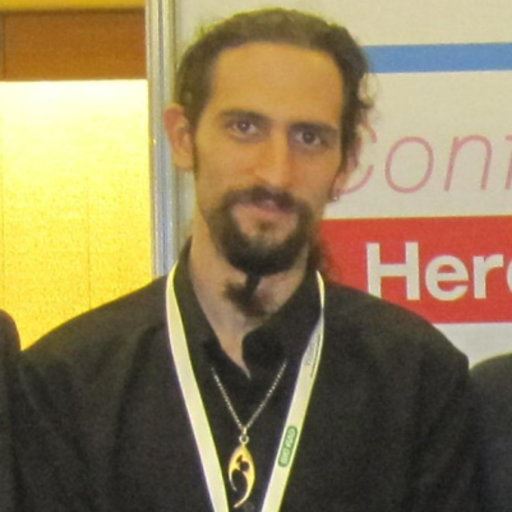
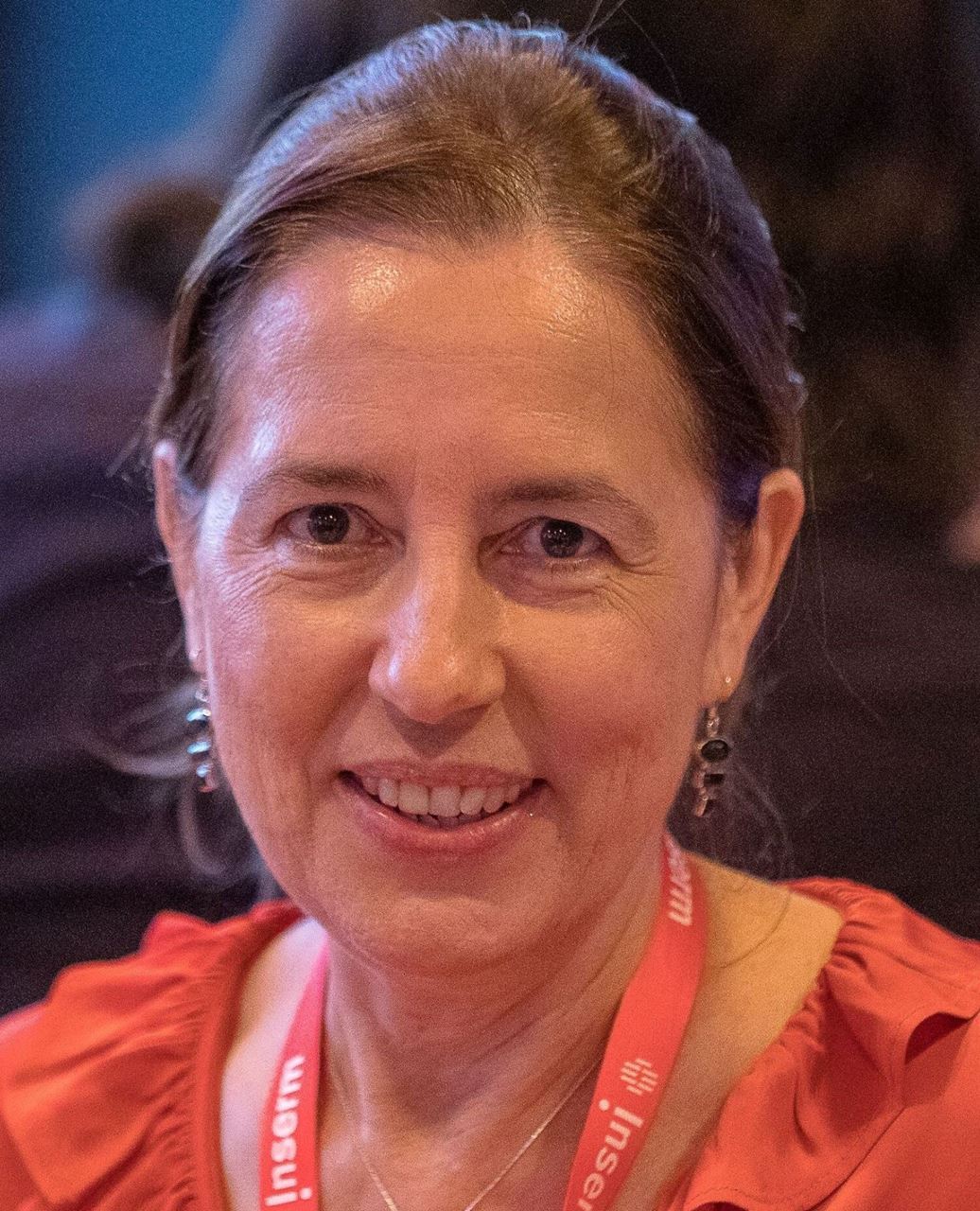 Dr. Concha Gil is Professor of Microbiology and Director of the Proteomics Unit at the Complutense University (https://cai.ucm.es/en/biological-techniques/proteomics/). Since 2017 she coordinates the Research Support Centers of UCM (https://cai.ucm.es/en/). She leads the group “Host pathogen interaction. Human Proteome Project” (https://www.ucm.es/candida-en).
Dr. Concha Gil is Professor of Microbiology and Director of the Proteomics Unit at the Complutense University (https://cai.ucm.es/en/biological-techniques/proteomics/). Since 2017 she coordinates the Research Support Centers of UCM (https://cai.ucm.es/en/). She leads the group “Host pathogen interaction. Human Proteome Project” (https://www.ucm.es/candida-en).  My scientific interests are broad and span experimental and theoretical aspects of applying mass spectrometry to challenging biological and biomedical problems. Previously published work ranges from integrating proteomics and genomics in human population studies (2013) to pioneering the combination of information from chromatography and mass spectrometry through machine learning in protein identification (2002) and retention time alignment for "match between runs" (2006). More recent activities include generative AI for proteomics data analysis workflows (2018-) and systematically mining the scientific literature for proteomics and metabolomics data integration (2018-).
My scientific interests are broad and span experimental and theoretical aspects of applying mass spectrometry to challenging biological and biomedical problems. Previously published work ranges from integrating proteomics and genomics in human population studies (2013) to pioneering the combination of information from chromatography and mass spectrometry through machine learning in protein identification (2002) and retention time alignment for "match between runs" (2006). More recent activities include generative AI for proteomics data analysis workflows (2018-) and systematically mining the scientific literature for proteomics and metabolomics data integration (2018-). 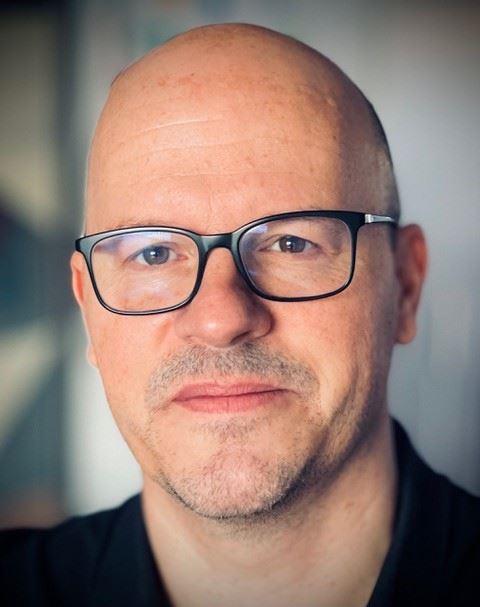 Over the years, I have taken on various roles in HUPO. I am excited to see how we as a community have grown and helped proteomics to become one of the prime fields in life science research.
Over the years, I have taken on various roles in HUPO. I am excited to see how we as a community have grown and helped proteomics to become one of the prime fields in life science research.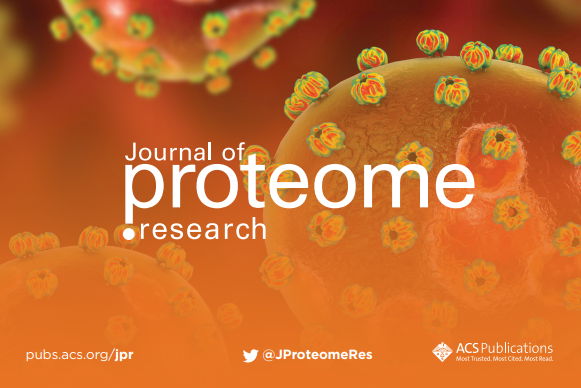
.png)
